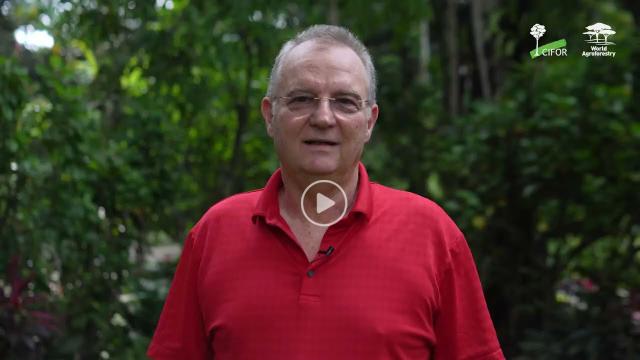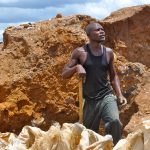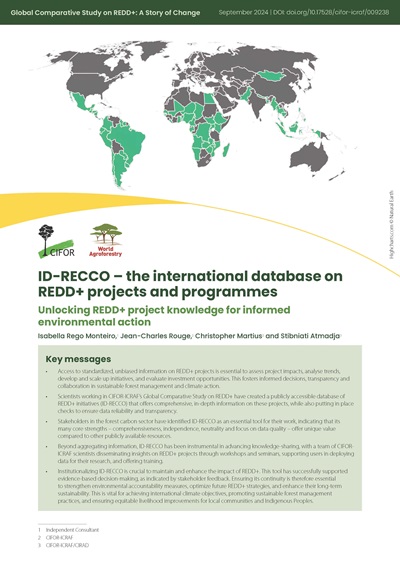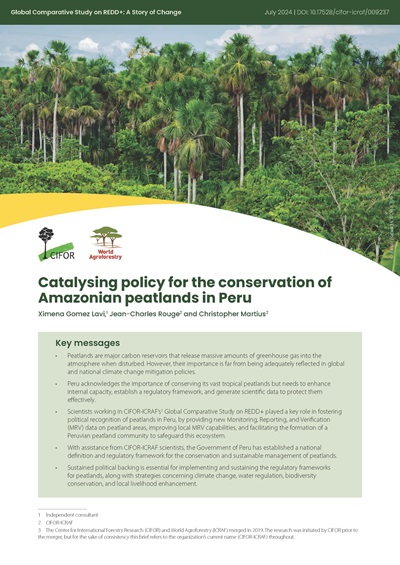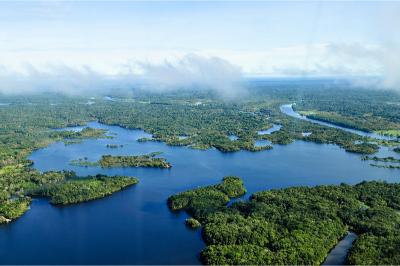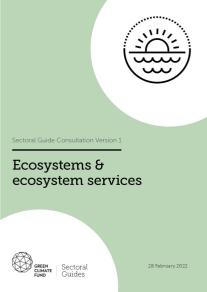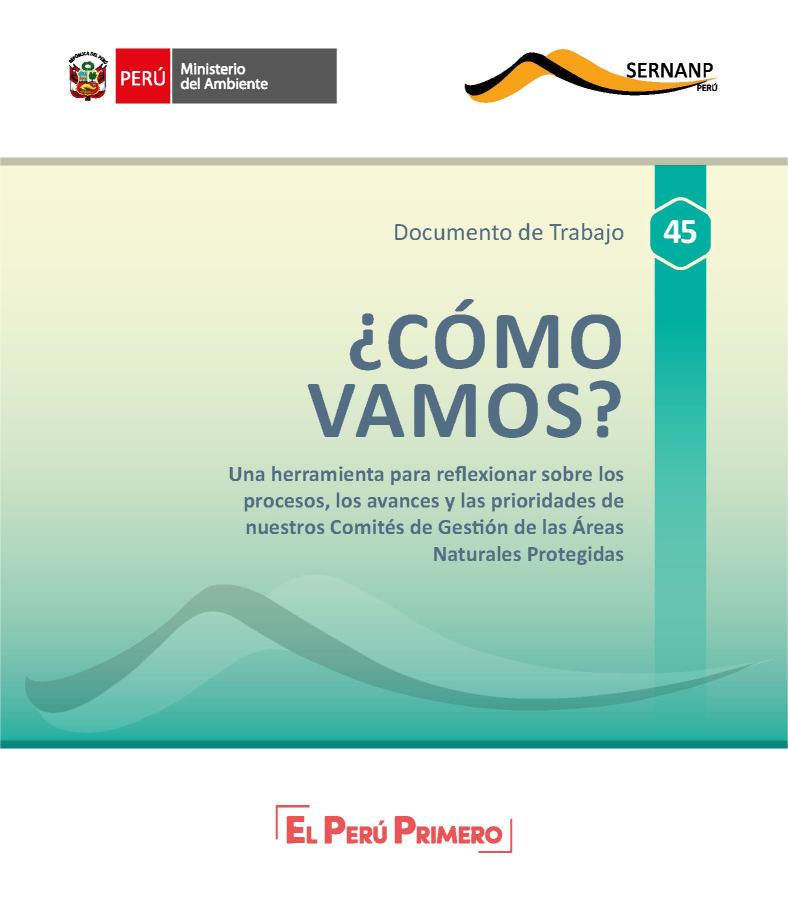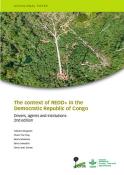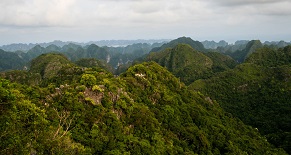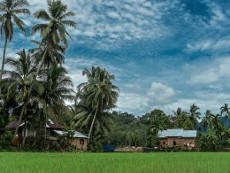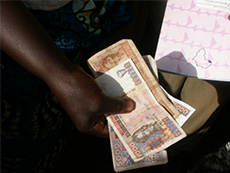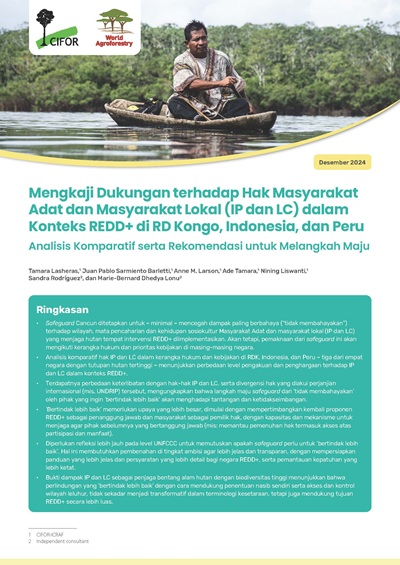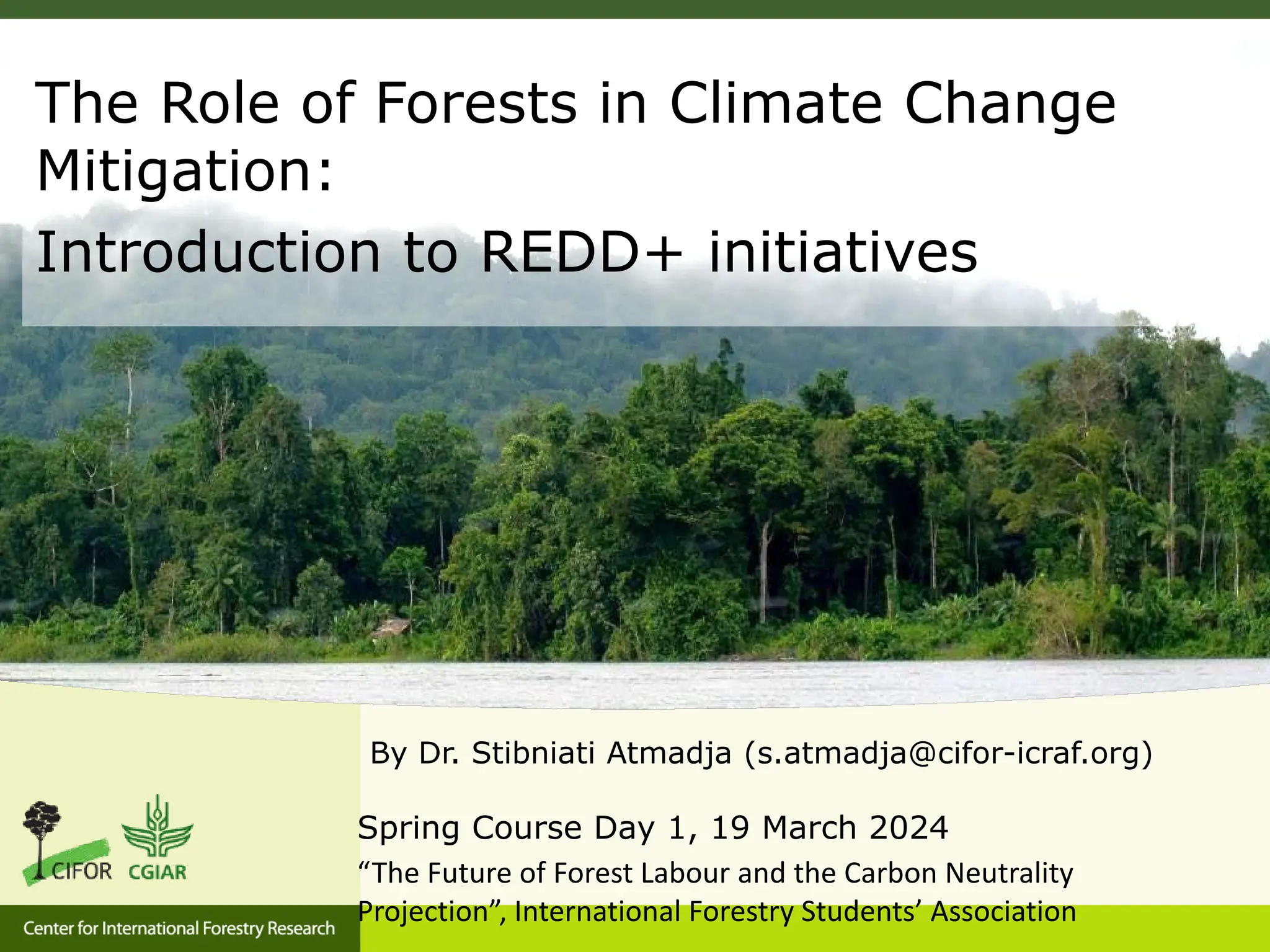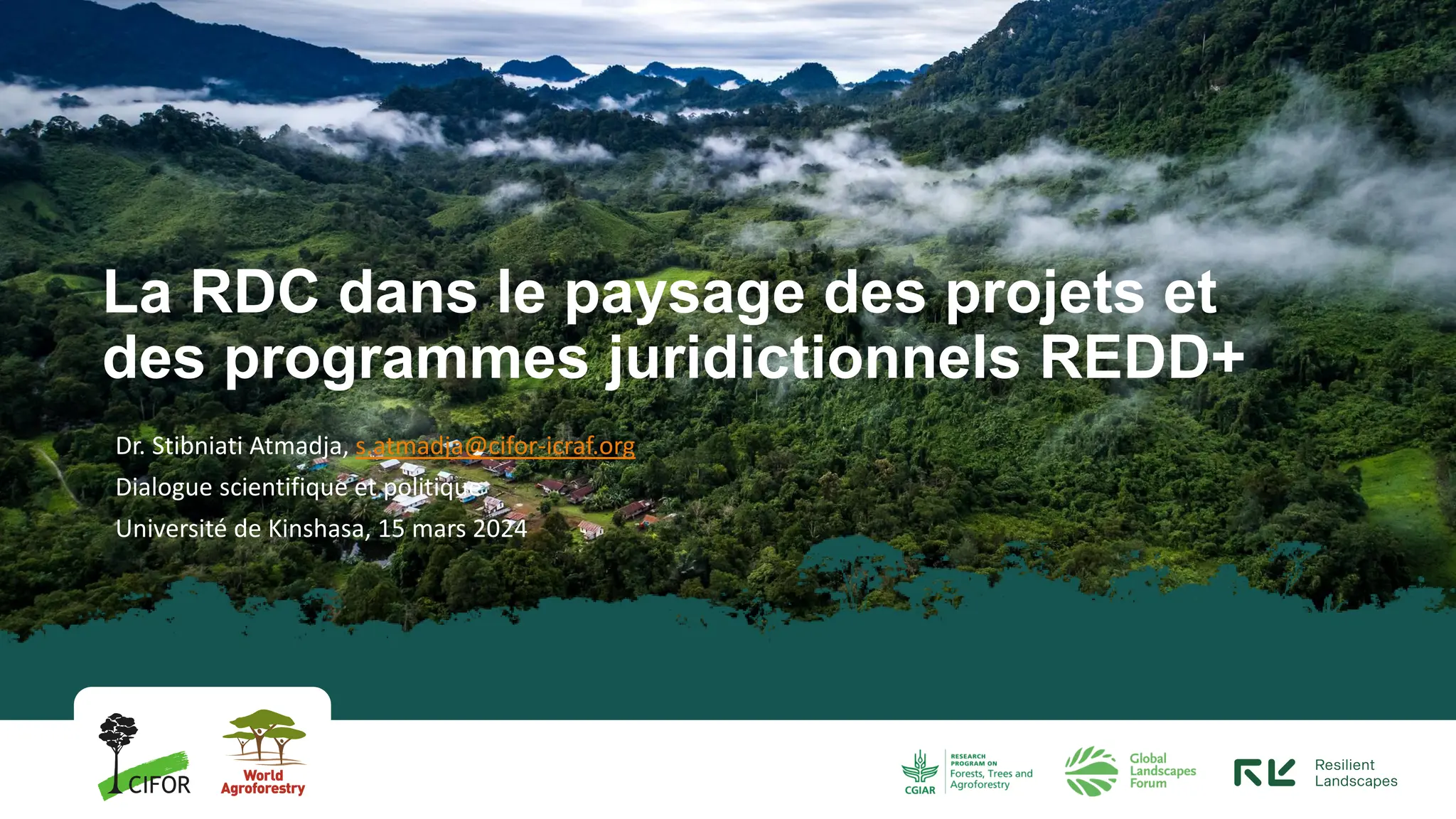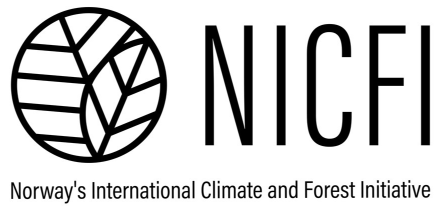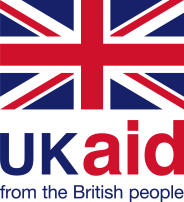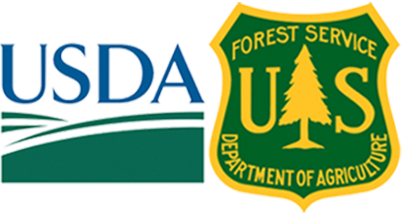CIFOR's Global Comparative Study
on REDD+
CIFOR-ICRAF's Global Comparative Study on REDD+ (2009-2024) is the largest research program on the UN’s REDD+ framework, which encourages countries to reduce their emissions from deforestation and forest degradation. For 15 years, our researchers worked with policymakers and forest communities to address the causes of forest-based emissions, resulting in improved monitoring, social safeguards, REDD+ policy design, and transparent emission-reduction frameworks.
Moving forward, CIFOR-ICRAF remains committed to supporting REDD+ under the Warsaw Framework, helping countries design efficient, effective, and equitable REDD+ structures. The lessons learned from our work on social and environmental safeguards, transparency, and accountability also informs and should be integrated into new climate mechanisms such as carbon markets, nature-based solutions, and blue carbon, as well as landscape restoration initiatives
CIFOR-ICRAF's ongoing work on carbon markets, forest management, climate change, wetlands, and gender equity continues to build on the GCS REDD+ program’s insights and achievements.
Read more
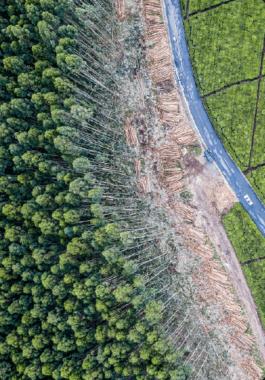
CIFOR GCS REDD+
Map
0
Countries
0
+
Publications and briefs
0
+
partners
CIFOR GCS REDD+
Timeline highlights
CIFOR GCS REDD+
Research themes
Effective, efficient and equitable REDD+ requires transparent and accountable forest monitoring, appropriate forest-friendly policies and actions adapted to different circumstances, as well as well-designed safeguards and benefit-sharing mechanisms. Moreover, forest-friendly policies need to balance competing policy objectives and stakeholder interests in order to support and promote transformational change.
Find out how GCS REDD+ is addressing five major global challenges with knowledge and actions.
REDD+ policies
For REDD+ to be successful, a transition away from the forces that drive, maintain and intensify business-as-usual deforestation and forest degradation is needed, both within and beyond the forestry sector.Jurisdictional REDD+
Since 2007, more than 50 countries have launched national REDD+ initiatives; more than 40 subnational governments have committed to ‘jurisdictional approaches’; and hundreds of local REDD+ projects have been implemented globally. However, their effectiveness is still unknown.Transparency framework
The Enhanced Transparency Framework of the Paris Agreement provides a clear guideline to track progress toward achieving the nationally determined contributions (NDCs) for mitigation and adaptation and to inform the Global Stocktake. However, it represents a major challenge to many tropical countries.Social inclusion and safeguards
Different REDD+ safeguard standards now exist. How different are they and what would it take for national and subnational jurisdictions to meet them? How can we encourage ambition to support the rights of Indigenous Peoples and Local Communities (IPLCs) as well as women?REDD+ benefit sharing
As REDD+ finance increases, improved transparency, accountability and equity of the revenue flows from current and prospective REDD+ benefit-sharing mechanisms can help foster confidence among stakeholders and create political support for further investments in tropical forests.CIFOR GCS REDD+
Toolboxes
CIFOR GCS REDD+
Publications
CIFOR GCS REDD+
Latest news
News
Menuju keberhasilan konservasi: pelajaran dari evaluasi dampak intervensi hutan
23 October 2024
CIFOR GCS REDD+
Podcasts
CIFOR GCS REDD+
Videos
CIFOR GCS REDD+
Events
13 Jun 2024
Sustainable Bites: Innovating Low Emission Food Systems One Country at a Time
Room Bonn at the World Conference Center Bonn
14 - 15 Mar 2024
Science Policy Dialogue
Kempinski Fleuve Congo Hotel ,119 Bd Colonel Tshatshi, Kinshasa, Democratic Republic of Congo
22 Feb 2024
Official launch: Online deforestation and carbon emissions platform for Brazil
In-person attendance is only open to invitees
20 Feb 2024
Blue Carbon Dialogue: From science-based policy to implementation
Global Forestry Hall, CIFOR, Bogor and online
CIFOR GCS REDD+
Presentations
CIFOR GCS REDD+




